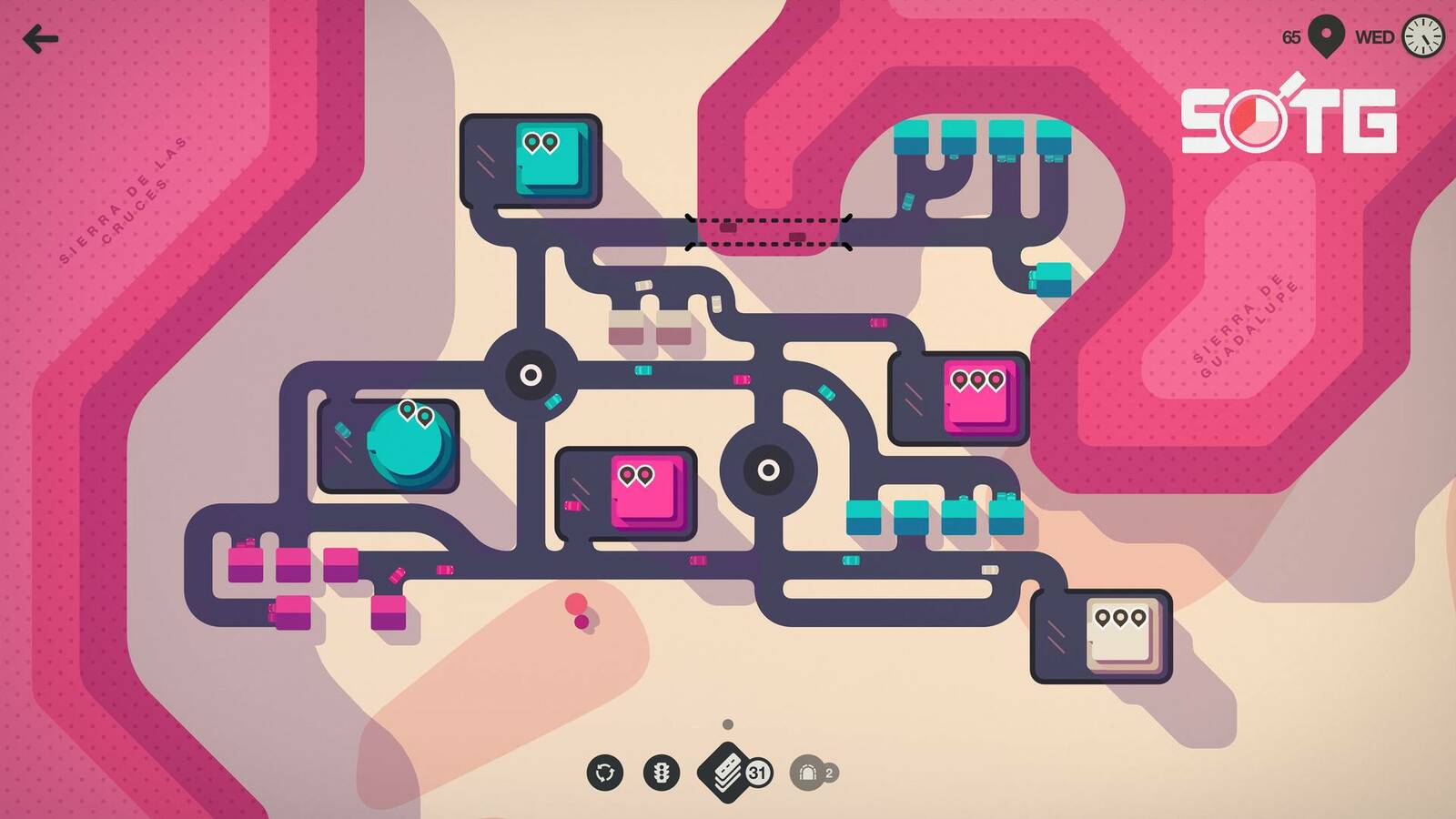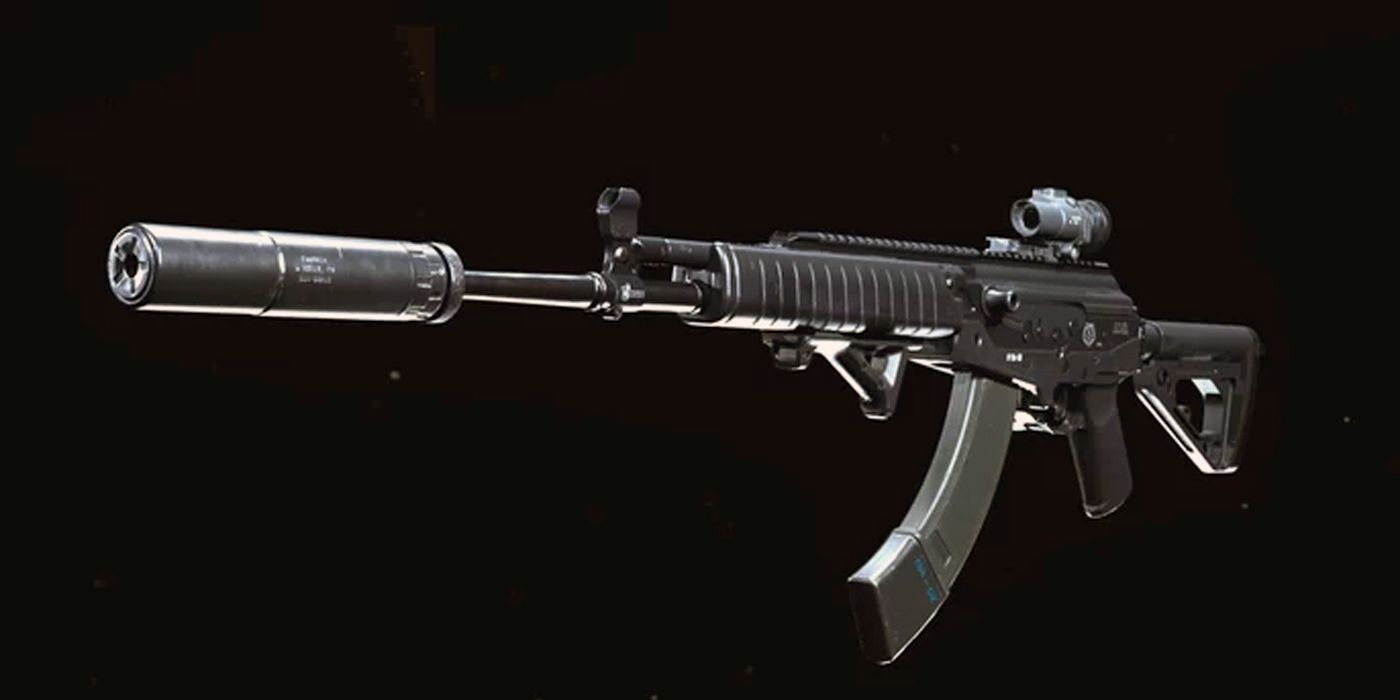
My daughter’s recently started playing Mini Motorways. It’s delightful stuff, and it makes me see her afresh. It’s fun to come downstairs and see her positioned before the TV, rigid and serious, frowning at a seemingly intractable junction or off-ramp, before pouncing on the solution, her mind disappearing back into the emerging cityscape as she goes.
This is how Mini Motorways is played. This is a city-building puzzler that may also be one of the most aesthetically refined games ever made: flat colour and pleasing abstractions of the modern world, its concrete and metal, its curtain-walling and internal combustion. You play by connecting businesses of a certain colour to houses of the same colour, without causing traffic jams and snarl ups as houses and businesses of different colours start to appear too. But, really? Really, you play by frowning. Studious frowning: a dense seminar with a new professor, a lengthy but intriguing sentence whose meaning you need to untangle. A tile here. A road there. Frown. Roundabout? Junction?
Now I think about it, it’s exactly the frown that chess masters do, delicate chin balanced on delicate fist as they study a refined landscape of total information. But when I play chess I can take my time with my terrible moves. Mini Motorways requires speed-frowning. Every second you spend on one problem only means that the next problem is getting worse somewhere else. Traffic jams ripple through the body of your city like a horrible kind of peristalsis. Your miseries queue here, and double back on themselves. Except they aren’t really miserable at all: they’re energising! Transformative!


